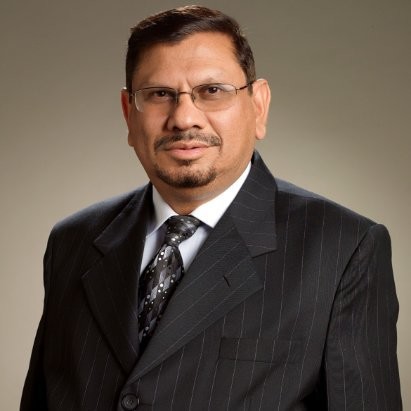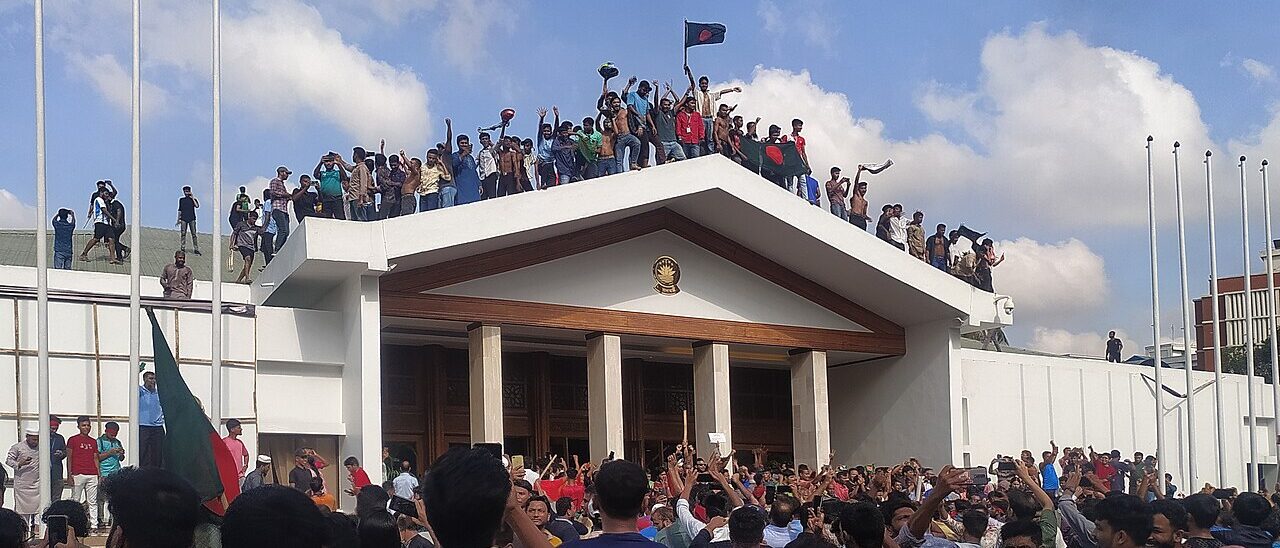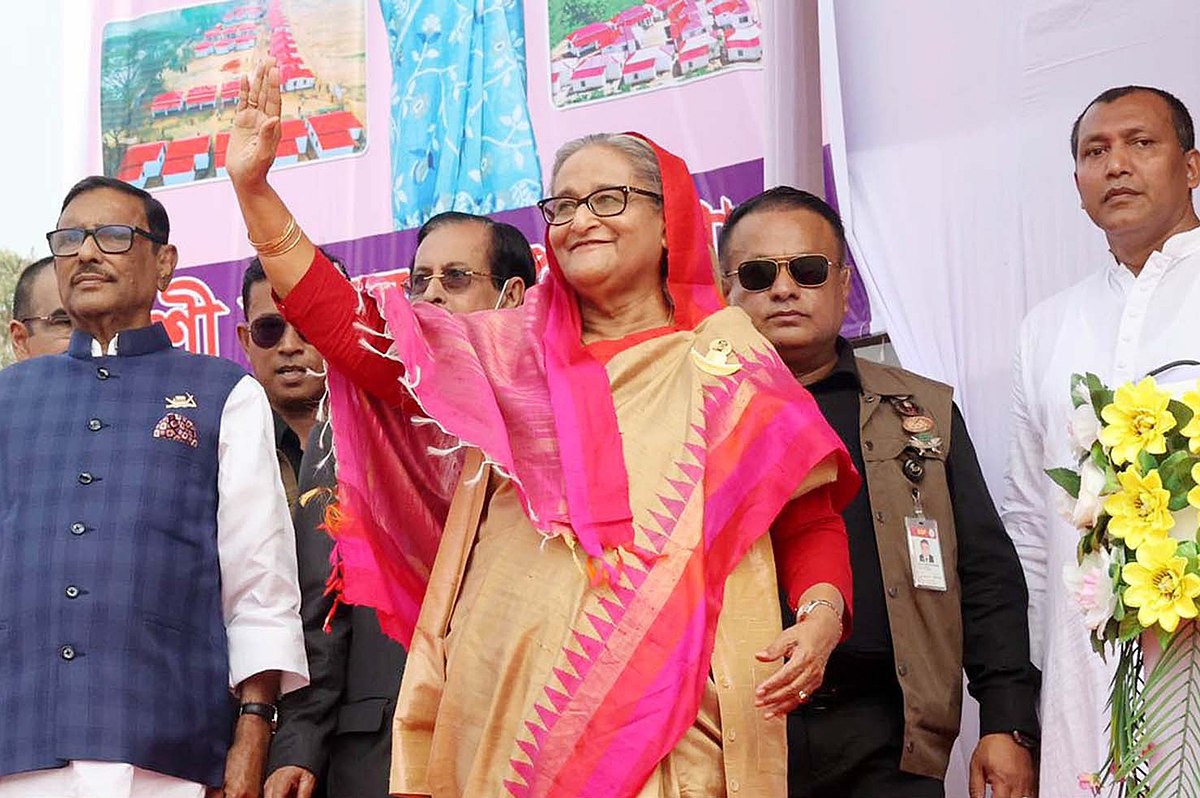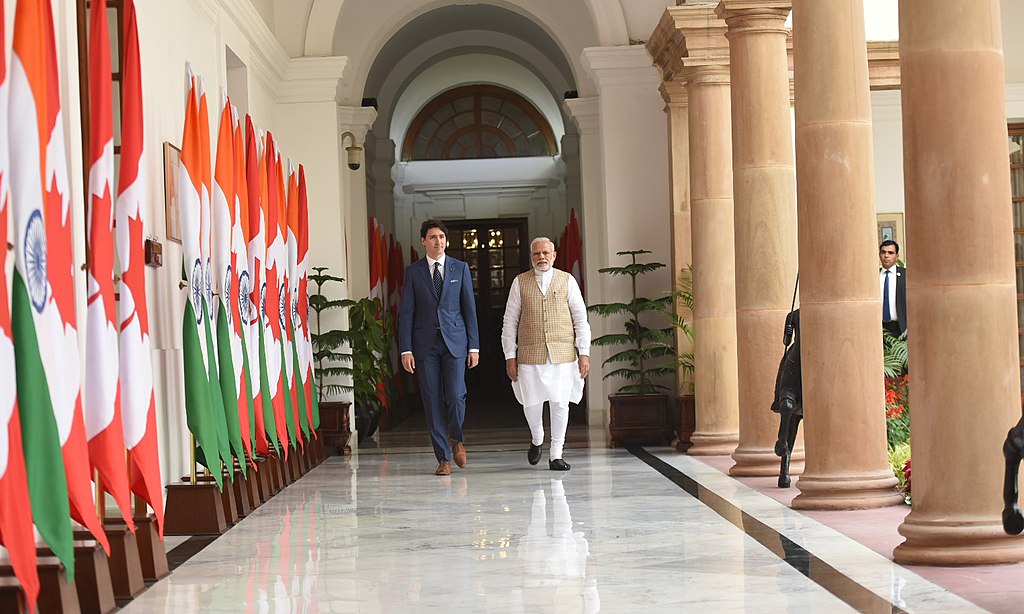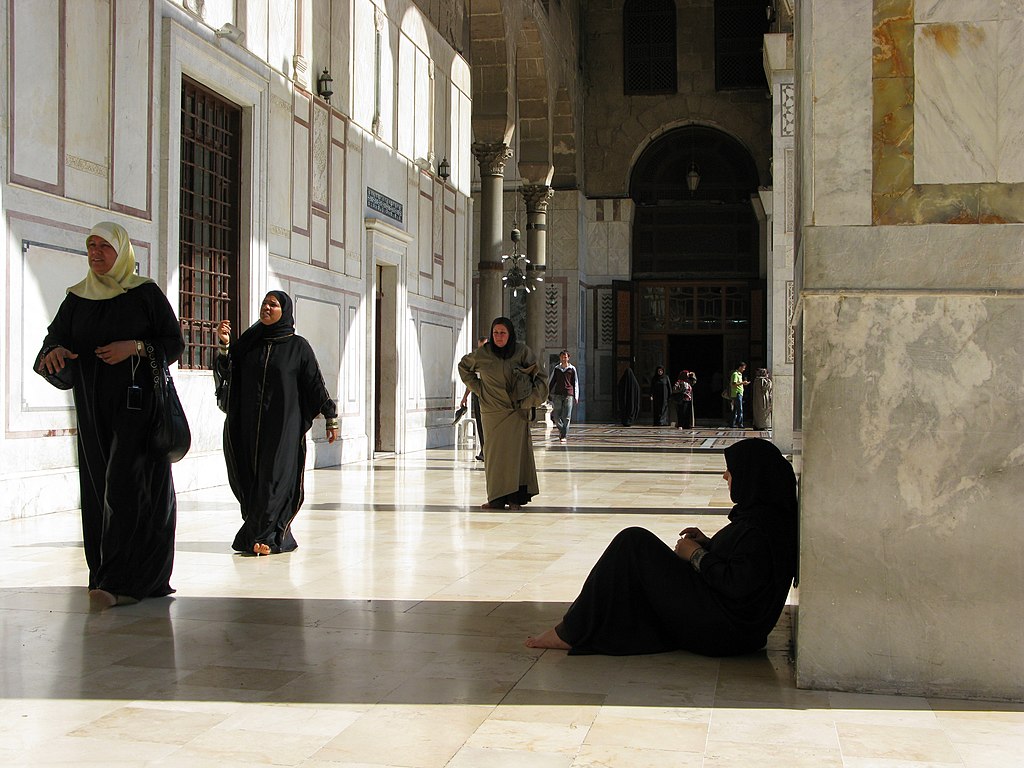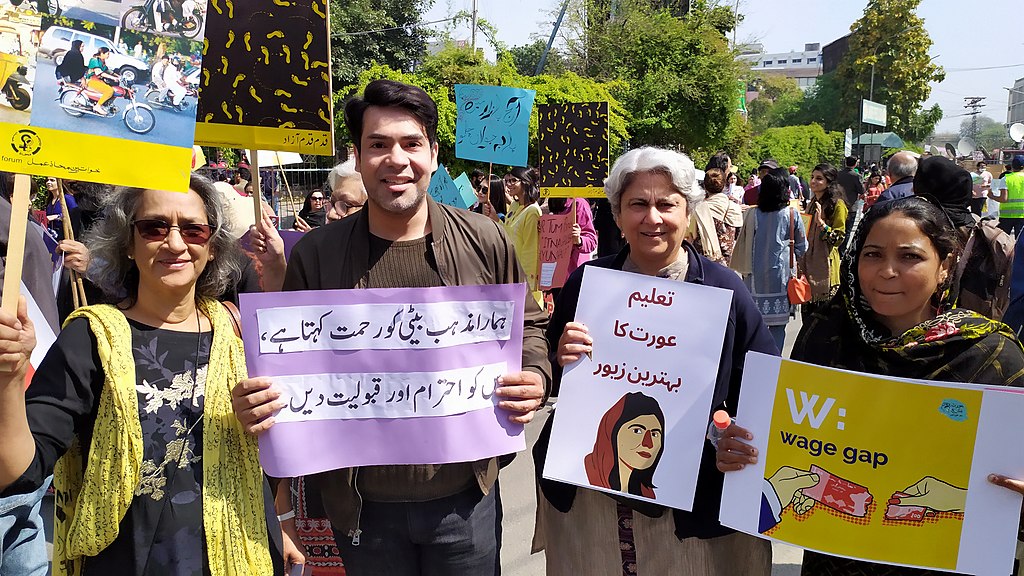By: Masood Aijazi
Bangladesh has entered a new era as Prime Minister Sheikh Hasina was ousted after 15 years in power, marking the end of the longest tenure in the country’s history.
“It’s the freedom of the young generation,” said a student among the crowds in front of the parliament building, now empty after its dissolution. He spoke of his hope for a new beginning and a better future. “We have regained the freedom of Bangladesh,” he said. “We want to build the country anew.”
Bangladesh Jamaat-e-Islami’s Ameer Dr. Shafiqur Rahman expressed gratitude to Almighty Allah as the country became liberated from an autocratic regime, achieved through the blood of hundreds of martyrs. In a statement, Dr. Rahman congratulated the people and called for maintaining peace and order.
It is widely believed that Bangladesh’s Nobel laureate Muhammad Yunus will head the country’s interim government after former Prime Minister Sheikh Hasina stepped down and fled amid a mass uprising led mostly by students. Other members of the Yunus-led government will be decided soon after discussions with political parties and other stakeholders. It is expected that all major political parties, including BNP, Jamaat-e-Islami, and Jatiya Party, will be represented in the interim setup. The situation remains fluid, making it hard to predict what the future holds for Bangladesh.
At a press conference, Jamaat-e-Islami’s Ameer Dr. Shafiqur Rahman called upon the interim government to move swiftly to establish a people’s government by holding meaningful national elections as soon as possible. Earlier, Dr. Shafiqur met the President along with political leaders from BNP, Jatiya Party, and armed forces leaders. Notably, leaders of the recently ruling Awami League were not invited to the meeting.
Ex Prime Minister Khaleda Zia is released. Thousands of leaders and workers of BNP, Jamaat-e-Islami, and students arrested recently are also being released.
This political shift follows weeks of intense anti-government protests, initially sparked by discontent over a controversial job quota system and escalating into a broader movement against governmental oppression. The protests resulted in the deaths of over 300 people, making it one of the deadliest periods in Bangladesh’s recent history. The unrest began in response to the 30% job quota system favoring relatives of those who fought in Bangladesh’s War of Independence in 1971, perceived as unfair and discriminatory, leading to widespread outrage among students and young professionals. The movement rapidly gained momentum, with thousands of protesters taking to the streets, demanding Hasina’s resignation.
On one of the bloodiest days in the nation’s history, Sunday saw 98 fatalities as protesters clashed with police across the country. The capital, Dhaka, and all major cities of Bangladesh were engulfed in violence, prompting a nationwide curfew and tight restrictions on mobile internet. The government declared a three-day holiday to ensure safety.
A Nation Celebrates
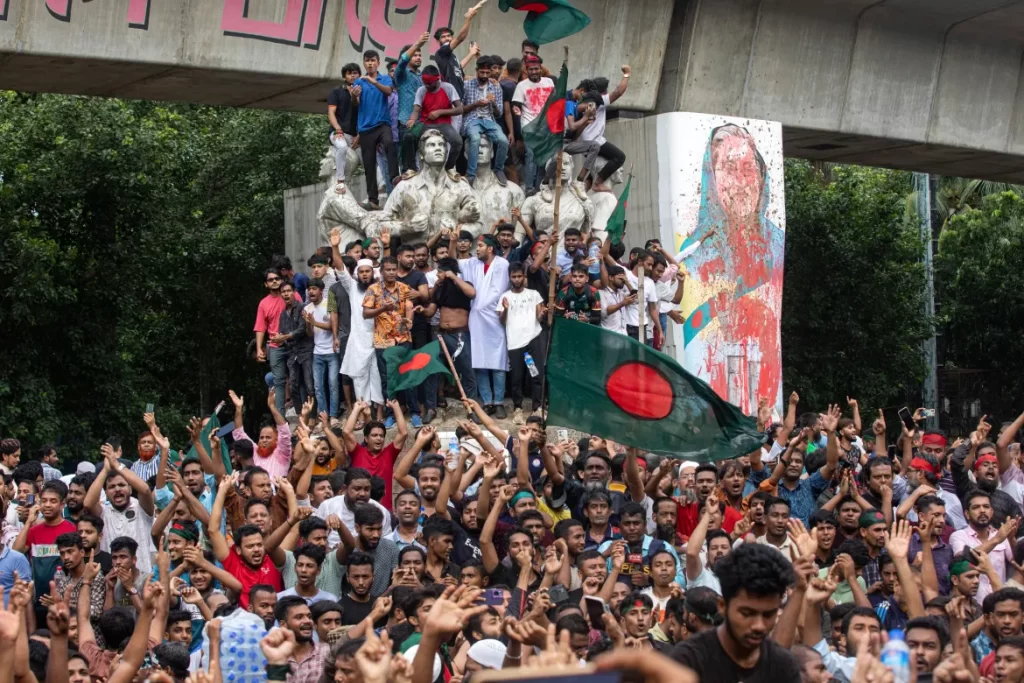
In a televised address, the army chief General Zaman announced Hasina’s resignation, urged for calm, and promised to restore peace and prepare for a democratic transition. As news of Hasina’s resignation spread, thousands took to the streets in celebration, with some storming the Prime Minister’s official residence. The joyous scenes were a stark contrast to the violence that had gripped the nation. Protesters chanted slogans and waved banners, celebrating what they see as a new beginning for Bangladesh.
Hasina: A Critical Misstep calling protesters Razakar
In Bangladesh, “Razakar” is a highly offensive term, referring to those who supported the Pakistani military’s operation to quell the 1971 Bangladesh liberation war and were accused of heinous crimes. However, Hasina made a critical misstep by labeling students protesting for job quota reforms as “Razakar,” thereby crossing a red line. During a news conference on July 14, Hasina dismissively remarked, “If the grandchildren of freedom fighters don’t receive [quota] benefits, who will? The grandchildren of Razakars?” Her comments ignited protests almost immediately. Students felt her remarks unfairly dismissed their efforts to address the “unfair” quota system in government jobs which reserved some 30 percent of positions for the grand children of freedom fighters of the 1971 liberation movement.
The students began protesting, marching through Dhaka University’s campus, chanting a provocative slogan: “Who are you? Who am I? Razakar.”. This slogan consequently became a hallmark and symbol of students’ resistance and mass protests. The protesters’ anger reached a boiling point following this controversial remark by Prime Minister Hasina. This comment touched a raw nerve, as Razakar was a derogatory term which now became a sign of rebellion.
The protests saw damage to key cultural sites, including the Indira Gandhi Cultural Centre and the Bangabandhu Memorial Museum. The museum, dedicated to Hasina’s father, was set on fire, symbolizing the protesters’ rejection of the current political order.
A New Political Order
Leaders of the Students Against Discrimination issued a joint statement calling for the establishment of a new political order. “The fascists and murderers will be brought to justice on the soil of Bengal; no one will be given the chance to escape,” they declared. They also demanded the release of political prisoners and those who have been forcibly disappeared.
The students’ group has played a pivotal role in the protests, organizing massive rallies and mobilizing support across the nation. Their demands resonate with a broad spectrum of society, including celebrities and various social sectors, highlighting the widespread desire for political change.
Hasina Flees to India
Local media in India reported that an aircraft carrying the former Prime Minister of Bangladesh landed at Indian Air Force Hindon Air Base near New Delhi. Hasina was on board a Bangladesh Air Force aircraft, accompanied by her younger sister, Sheikh Rehana. It is expected that Hasina will leave for London shortly.
The visuals of protesters vandalizing a statue of Sheikh Mujibur Rahman, Hasina’s father and a revered figure in Bangladesh’s history, mark a significant shift in the country’s political landscape. Mujibur Rahman, known as Bangabandhu, is a symbol of Bangladesh’s fight for independence from Pakistan. However, for many protesters, his legacy has been tainted by his daughter’s governance.
Bangladesh Jamaat-e-Islami: An Emerging Power
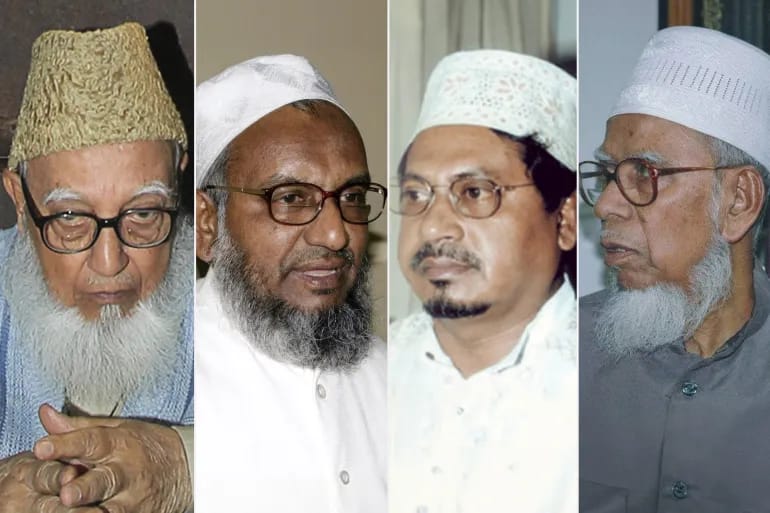
Hasina had consistently blamed opposition parties, namely BNP and Jamaat-e-Islami, for orchestrating the students’ mass protests. Despite crackdowns, severe restrictions, and mass arrests, Jamaat had been out of center stage for many years. They were not allowed to have any public meetings or rallies for decades since 2013. Incidentally, out of blue when local police permitted Jamaat to hold a closed-door meeting in the Institution of Engineers Auditorium last year on June 10, 2023, a sea of people showed up, filling all surrounding roads and streets of Dhaka. After this isolated event Jamaat was not allowed to be seen in public.
Jamaat-e-Islami in the new era, is duly expected to be an emerging power in Bangladesh, as it is the most organized and largest Islamic political party in Bangladesh. Even though it was officially banned by Hasina’s government just a week ago, it is included in the consultation process for forming the interim government.
It is a miracle in itself that Jamaat survived in the face of ruthless brutality. Jamaat-e-Islami has been a target of repression and utmost cruelty by Hasina’s regime for decades. Hasina left no stone unturned to eliminate notable leaders of Jamaat in the name of war crimes allegedly committed half a century ago through kangaroo courts. Jamaat’s thousands of workers were arrested, abducted and badly beaten. Jamaat’s media channels, magazines, and newspapers were forcibly closed and confiscated. All businesses, educational, and charitable institutions owned or managed by Jamaat workers were cracked down and closed.
Despite its controversial role during the Liberation War in 1971, Jamaat-e-Islami enjoyed political power through its alliance with both major political parties, the Awami League and the Bangladesh Nationalist Party (BNP), at different periods. Jamaat-e-Islami eventually ended up with the BNP as its primary ally, whereas the Awami League became its archenemy. The party continued to enjoy political power until the Awami League started the War Crimes Tribunal in 2008, delivering on its election campaign promise. Many top leaders of Jamaat-e-Islami were put under war crimes trials and convicted, ushering in the worst persecution era for Jamaat-e-Islami in Bangladesh. Its Ameer Motiur Rahman Nizami, along with leaders including Ali Hasan Mujahid, Mir Qasim Ali, Abdul Quader Mollah, and Muhammad Kamaruz Zaman, were martyred. Professor Ghulam Azam, Moulana Dilawar Hussain Saeedi, and many others passed away in custody. Hundreds of its workers were shot down brutally be police and special forces.
It should be noted that Jamaat has played an active role in politics since the independence of Bangladesh. In the 2001 general elections, Jamaat was an integral part of the four-party alliance that was elected to power by a significant margin. The alliance formed the government, and Jamaat shared power for the first time. Jamaat held 17 out of 300 seats in the national parliament and had two ministers in the government. Later, Jamaat had four additional female members of parliament from the 30 reserved seats for women. After running the country successfully for five years, the four-party alliance transferred power to a caretaker government on October 29, 2006.
By participating in the government of the last Jote Sarker, the two ministers from Jamaat had excellent performance which proved that it is possible to run a country efficiently and competently while remaining free from corruption, nepotism, and all forms of injustice.
With the revival of Jamaat e Islami to the national political landscape it is expected that BNP and Jamaat alliance will play a leading role in Bangladesh’s new political order.
The Road Ahead
Bangladesh stands at a critical juncture, with the interim government tasked with navigating the country through this turbulent period. The demands for a civilian-led administration and a merit-based system for government jobs underscore the broader desire for democratic reforms. As the nation moves forward, the international community remains hopeful for a peaceful transition that honors the sacrifices of those who fought for Bangladesh’s independence and the recent victims of political violence. The path to a new Bangladesh, defined by justice and democracy, is fraught with challenges, but the resolve of its people and the promise of a fairer future offer a beacon of hope. The international community is closely watching the situation, hopeful for a peaceful resolution and a firm path towards democracy and justice in Bangladesh. The United Nations has condemned the violence and urged the Bangladeshi government to halt its crackdown on peaceful protesters.
